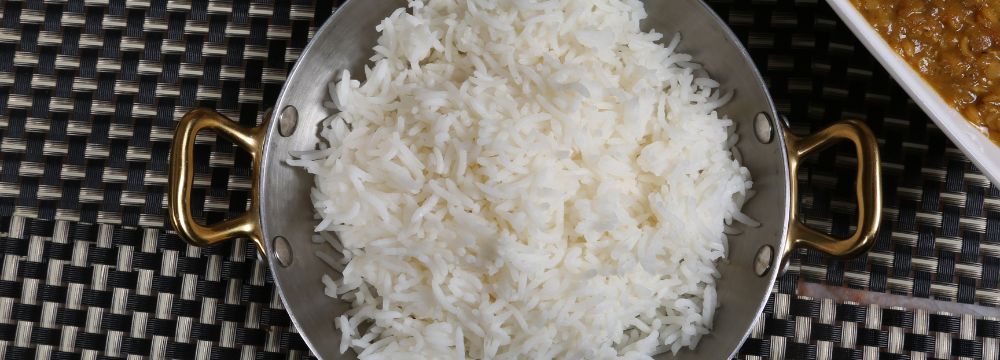After Bariatric Surgery

With all the motivational tips, tricks, and mantras, sometimes the simplest and most traditional things keep us motivated and remind us of where we need and want to be. Journaling is an essential part of weight loss surgery and valuable both before and after your procedure. Journaling serves many purposes, some of which include:
- Showing where you started, where you’ve been, and, later, confirming your progress after surgery. This can be especially important for those with body image issues after surgery who need a concrete reminder that progress is happening.
- Journaling before surgery will also give our dietitian and the surgical team an idea of the food choices you are making and how these choices contribute to your excess weight.
- Before surgery, a food journal is a valuable tool to prove diet attempts to your insurance company if you choose to use insurance to pay for the procedure. Trying multiple diets may be an insurance company’s prerequisite for bariatric surgery coverage, and these ongoing logs can provide the information they may require.
- After surgery, keeping a food journal will help your dietitian track progress and identify roadblocks hindering your weight loss. On the flip side, some people eat too little after surgery. In this case, journals can be used to determine if this is occurring and assist the dietician in modifying the eating plan.
How to Journal
Journaling on paper is no longer necessary but may still be the best option for some. Interactive resources for tracking weight and food consumption are available on the web. You could also use one of the many smartphone apps available for minimal cost – many are free. Are you into journaling using a podcast or YouTube channel? Doing so may motivate you to push through and inspire others to re-dedicate themselves to the bariatric process or consider bariatric surgery.
The bariatric surgery process is as much a psychological journey as it is physical. Many apps will track your food and water consumption, giving you fancy graphs about how much protein, fat, and carbs you consume. However, much of what you eat, or drink also depends on how you feel at any given time. You should be noting your mood alongside when you eat. If your meals coincide with anxiety or worry, you must address these underlying psychological issues to maximize your weight loss.
Your sleep patterns are crucial to long-term weight loss. Sleep regulates hormones throughout the body, but sound sleep gives a significant mood-enhancing boost. If you sleep well, you’re more likely to eat well and exercise appropriately.
Drop in some motivational thoughts too. You may be very excited to start the journaling process, and it will be a joy to write down your progress. Now. However, as your weight begins to plateau nearer to your goals, it will be less exciting as the trend seems to slow. This is when you need a boost and looking back at specific motivational bookmarks can rekindle some of that former excitement.
Use visuals in addition to your written journal. Humans are visual and seeing how far we’ve come is a great way to stay motivated. Seeing your former self may also conjure up feelings of not wanting to go backward and, once again, redoubling your effort to push through a hurdle.
No matter how you journal, you’ll be happy with the outcome. When you journal, you’re better able to stick to your prescribed diet and lose weight in a healthy, gradual manner. And don’t forget to keep us posted on your progress!









